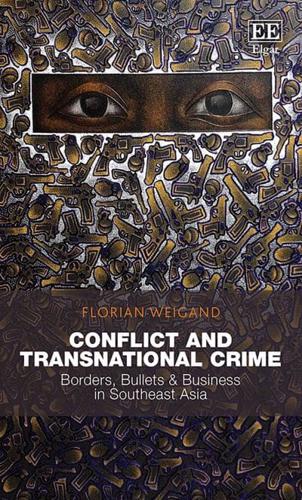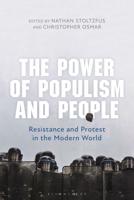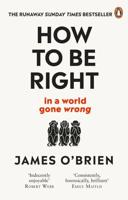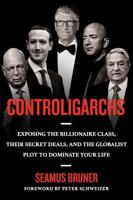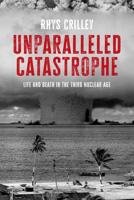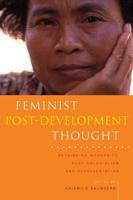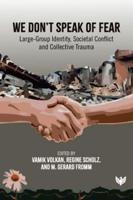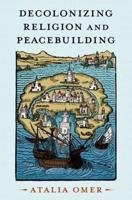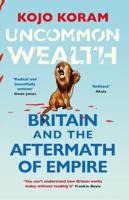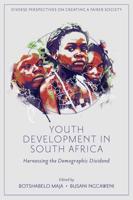Publisher's Synopsis
Exploring the links between armed conflict and transnational crime, Florian Weigand builds on in-depth empirical research into some of Southeast Asia's murkiest borders. The disparate voices of drug traffickers, rebel fighters, government officials and victims of armed conflict are heard in Conflict and Transnational Crime, exploring perspectives that have been previously disregarded in understanding the field.
Weigand's nuanced comparative analysis of four border regions in Southeast Asia counters the stereotypical view that conflict zones are lawless areas in which all kinds of criminal activities flourish. Chapters illustrate the logic that determines the relationship between armed conflict and transnational crime. Further, the book analyses how smuggling economies function in conflict zones, explaining why some rebel groups are involved in the smuggling economy more than others, and why state actors actually play a much more crucial role.
This crucial study will be a compelling read for international relations, political sociology and development studies scholars. The in-depth analysis of real-life situations will also greatly benefit policy-makers and aid organisations looking to better support areas at the heart of conflict and transnational crime.
